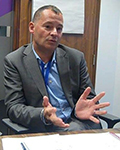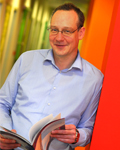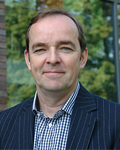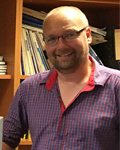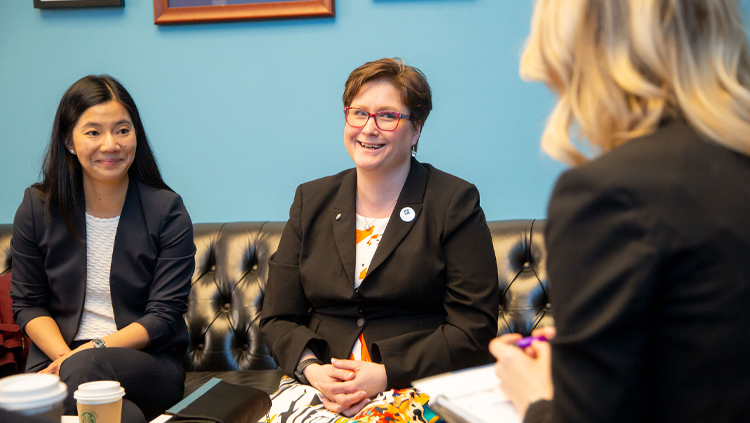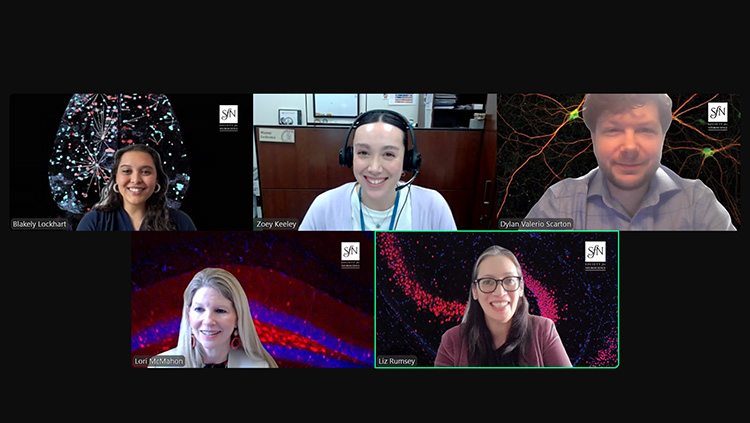As part of an effort to provide scientists with strategies to openly communicate about animal research with the wider public, the European Animal Research Association, a communications and advocacy organization promoting biomedical research across Europe, hosted a workshop series — Improving Openness in Animal Research in Germany — where speakers shared best practices for communicating about animal research.
“Today, transparency and openness are the zeitgeist,” says EARA Executive Director Kirk Leech, who emphasizes that sharing information can help the public and media to understand the necessity of animal models and to support responsible animal research.
Watch the workshop and panel discussion to learn how to:
- Improve public understanding of the importance of animal research in basic and applied scientific research by explaining statistics on animal use and partnering with other countries to develop a unified message.
- Increase trust among the broader public by talking to journalists, opening up your lab, and sharing emotions you’ve experienced as well as values you uphold in conducting your research.
- Anticipate sensitive issues, respond to negative media campaigns, and work with your institution to follow a communications plan.
Access to the full article is available to SfN members.
Neuronline is a benefit of SfN membership. Renew your membership now to make sure you don’t lose access.
Log In Join SfN
Speakers
Kirk Leech
Kirk Leech has served as the executive director of the European Animal Research Association since 2014. He previously worked in government affairs at The Association of the British Pharmaceutical Industry and was a project manager for Understanding Animal Research, a leading advocacy group in the United Kingdom that explains why animals are used in medical and scientific research.
Andreas Lengeling, PhD
Andreas Lengeling is an animal research and welfare officer at the Max Planck Society, where he supports 30 Max Planck Institutes in all aspects of animal experimentation. He was previously a senior academic fellow at The University of Edinburgh and a research group leader for infection research. He earned his PhD in genetics from the University of Bielefeld.
Volker Stollorz
Volker Stollorz is the chief editor and managing director of the Science Media Center, a nonprofit organization that helps journalists find scientific expertise when science hits the headlines. A science journalist, he has reported on the interface between science and society since 1991 and helped to launch three science desks: ZEIT, Die Woche, and Frankfurter Allgemeine Sonntagszeitung. He is a member of the Association of German Science Journalists and WPK and has won multiple awards.
Thomas Kammertöns, PhD
Thomas Kammertöns is a staff scientist at the Institute of Immunology, Charité University Medical Center, Berlin, and is interested in how the immune system influences the process of carcinogenesis.
